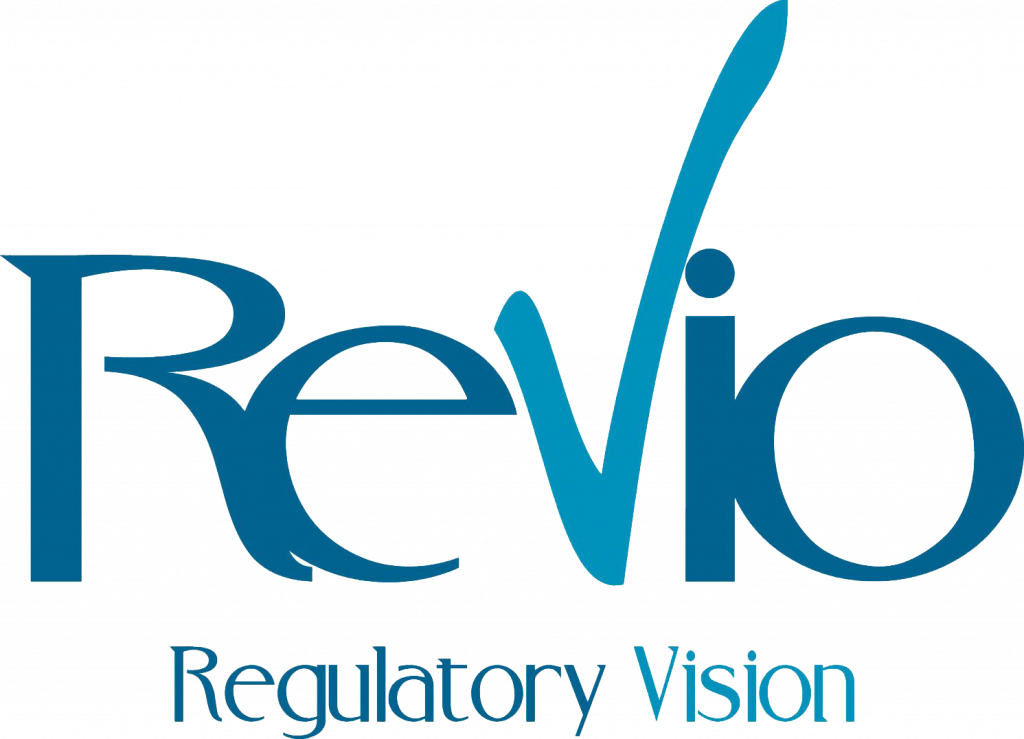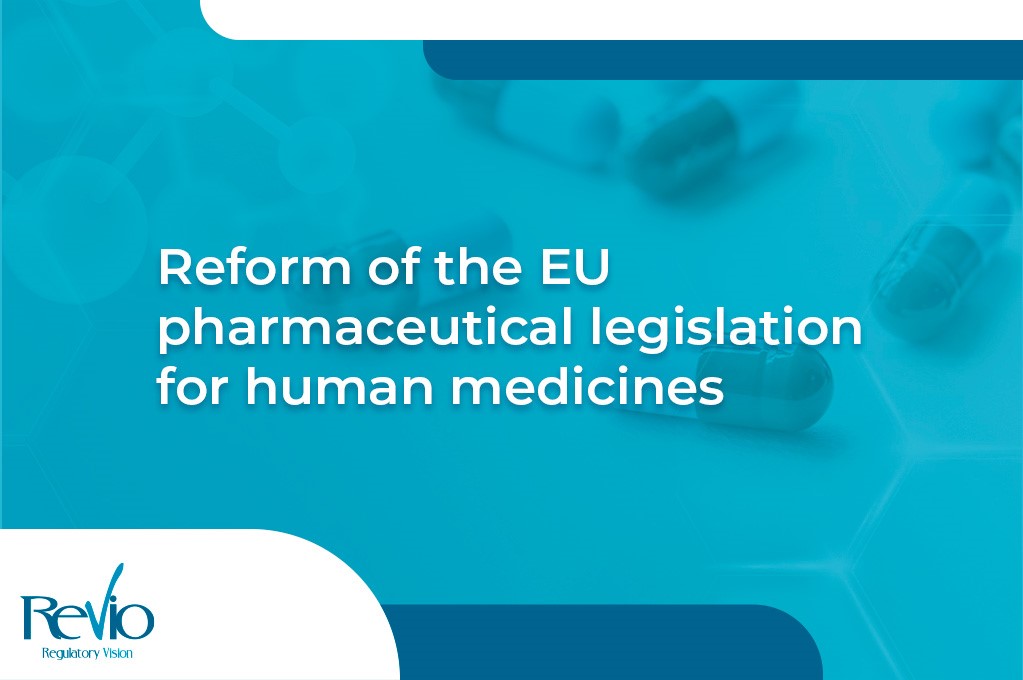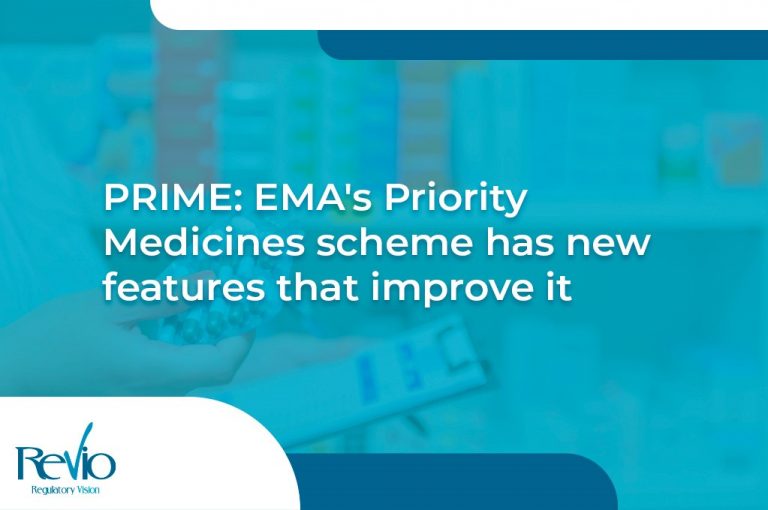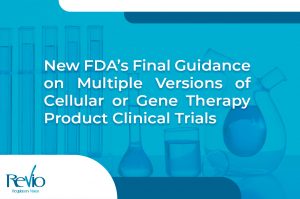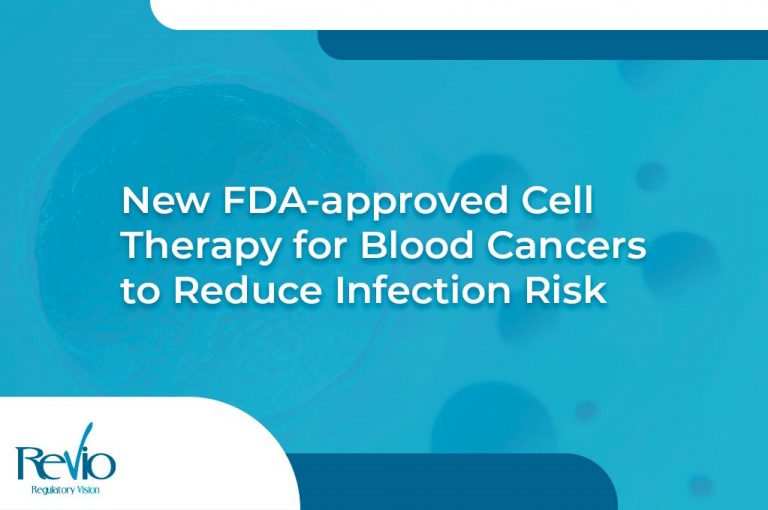On April 26th, 2023, the largest reform of the EU pharmaceutical legislation in over 20 years by the European Commission has been published and aims to make the legal framework for human across the EU have access to safe, effective, affordable, accessible, and innovative medicines. It will support innovation and boost the competitiveness and attractiveness of the EU pharmaceutical industry, while promoting higher environmental standards.
There is clearly a need to address the challenges that the industry has been facing for several years. The Executive Director of the European Medicines Agency, Emer Cooke also highlights that the “reform will also help us to deliver on a number of ambitions and opportunities that were identified in EMA’s Regulatory Science Strategy and in the European Medicines Agencies Network Strategy to 2025.”
What will be new in the reform of the EU pharmaceutical legislation?
This revision includes proposals for a new Directive and a new Regulation, which revise and replace current pharmaceutical regulation. With the key objective of creating a Single Market for medicines, ensuring that all patients across the EU have timely and equitable access to medicines. Some key elements of the proposal are:
• The proposal suggests moving away from a “one-size-fits-all” system of incentives for pharmaceutical companies. Instead, it proposes a modulated system of incentives. This system would reward companies that fulfil important public health objectives. For example, giving access to medicines in all Member States. It would also reward companies that develop medicines that address unmet medical needs. Additionally, it would reward companies that conduct comparative clinical trials and develop medicines that can treat other diseases as well. For medicines for rare diseases, a similar modulation for market exclusivity is proposed.
Better, faster, stronger model
- Transparency on public funding and faster availability of generics and biosimilars can improve negotiation for price and reimbursement, by addressing the current lack of transparency on research and development costs and public contributions. Also, addressing shortages of medicines and ensuring security of supply as well as better access to affordable medicines resulting in medicines for all.
A modern and simplified regulatory framework with faster authorisations of new medicines that will reduce the administrative burden for medicines to reach patients faster.
For example, EMA’s time to review a marketing authorisation will go down to 180 from 210 days, and the time for the European Commission to make the final decision will be 46 days instead of 67 days. This will help reducing the current time to market, set in around 400 days.
- Promotion of innovation and competitiveness, better protection of the environment by making medicines more environmentally sustainable and friendly, and tracking of antimicrobial resistance (AMR) in antimicrobials, as AMR cannot be tracked by one sector, country or continent.
How will the new EU pharmaceutical legislation promote innovation?
The EU is exploring several initiatives to encourage the development of new therapies, including increased funding for research and development, streamlined regulatory processes, and greater collaboration between industry, academia, and government.
A few of them are that the authorisation process for new medicines will be sped up, thanks to simplified procedures and a revamped EMA structure. Another is early scientific advice by EMA, will improve the quality of applications and tailored scientific support will be provided to SMEs (Small and Medium Enterprises).
Companies marketing innovative medicines will have a minimum period of regulatory protection of 8 years. This period includes 6 years of data protection and 2 years of market protection. Additionally, for medicines for rare diseases, the standard duration of market exclusivity will be 9 years. They can benefit from additional periods of market exclusivity. This applies if they address a high unmet medical need (1 year). They can also benefit if they launch the medicine in all Member States (+ 1 year), or if they develop new therapeutic indications for an already authorised orphan medicine (up to 2 extra years)
When will this new legislation be taken into action?
The proposal will now be discussed by the Parliament and the Council. The discussions will start as soon as possible, but the timing for adoption of this revision cannot be predicted.
Check the official European Commission Health Union website if you want to know more or to consult the complete publication for the Reform of the EU pharmaceutical legislation.
Nevertheless, we have launched a dedicated webpage to bring you the latest updates, guidance and developments. You can also follow us on LinkedIn.
We hope you find this useful and of interest. If you would like to discuss any of these updates with the team at REVIO, please get in touch here.
